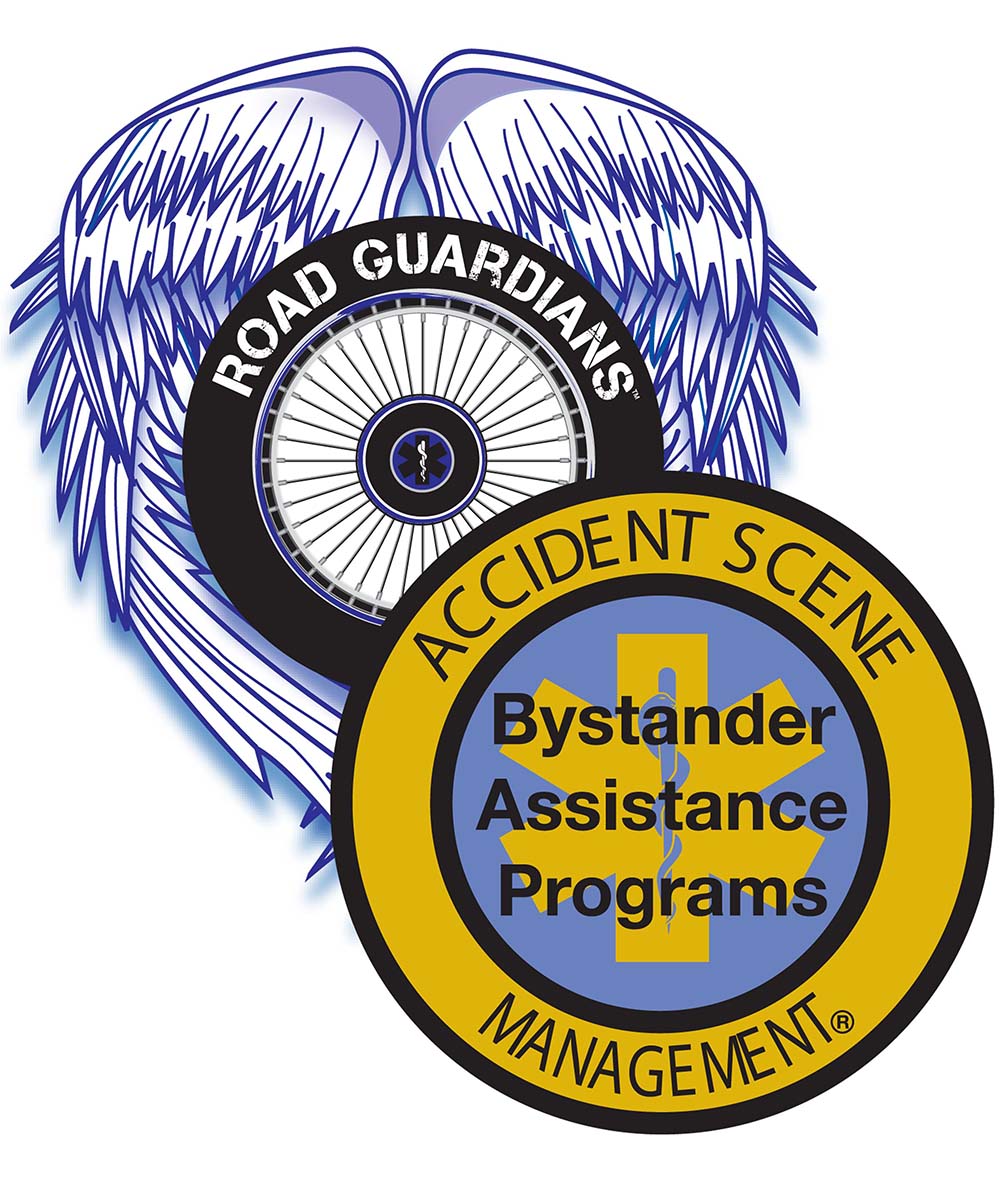Accident Scene Management / Road Guardians
Login |
(262) 706-3278
0
You have 0 items in your cart
Emergency Response:
§ 8331.a
Any physician or any other practitioner of the healing arts or any registered nurse, licensed by any state, who happens by chance upon the scene of an emergency or who arrives on the scene of an emergency by reason of serving on an emergency call panel or similar committee of a county medical society or who is called to the scene of an emergency by the police or other duly constituted officers of a government unit or who is present when an emergency occurs and who, in good faith, renders emergency care at the scene of the emergency, shall not be liable for any civil damages as a result of any acts or omissions by such physician or practitioner or registered nurse in rendering the emergency care, except any acts or omissions intentionally designed to harm or any grossly negligent acts or omissions which result in harm to the person receiving emergency care.
Automatic External Defibrillator:
§ 8331.2
(a) General rule.–Except as otherwise provided in this section, any individual who is trained to use an automated external defibrillator in accordance with subsection (c) and who in good faith uses an AED in an emergency shall not be liable for any civil damages as a result of any acts or omissions by such individual in using the AED, except any acts or omissions intentionally designed to harm or any grossly negligent acts or omissions which result in harm to the individual receiving the AED treatment.
(b) Requirements.–Any person who acquires and maintains an AED for use in accordance with this section shall not be liable for civil damages provided that the person: (1) Ensures that expected AED users receive training pursuant to subsection (c). (2) Maintains and tests the AED according to the manufacturer’s operational guidelines. (3) Provides instruction requiring the user of the AED to utilize available means to immediately contact and activate the emergency medical services system. (4) Assures that any appropriate data or information is made available to emergency medical services personnel or other health care providers as requested.
(c) Training.–For purposes of this section, expected AED users shall complete training in the use of an AED provided by the American National Red Cross or the American Heart Association or through an equivalent course of instruction approved by the Department of Health in consultation with a technical committee of the Pennsylvania Emergency Health Services Council.
(e) Any individual who lacks the training set forth in subsection (c) but who has access to an AED and in good faith uses an AED in an emergency as an ordinary, reasonably prudent individual would do under the same or similar circumstances shall receive immunity from civil damages as set forth in subsection (a).
http://pehsc.org/wp-content/uploads/2014/10/THE-GOOD-SAMARITAN-AND-RELATED-ACTS.pdf
